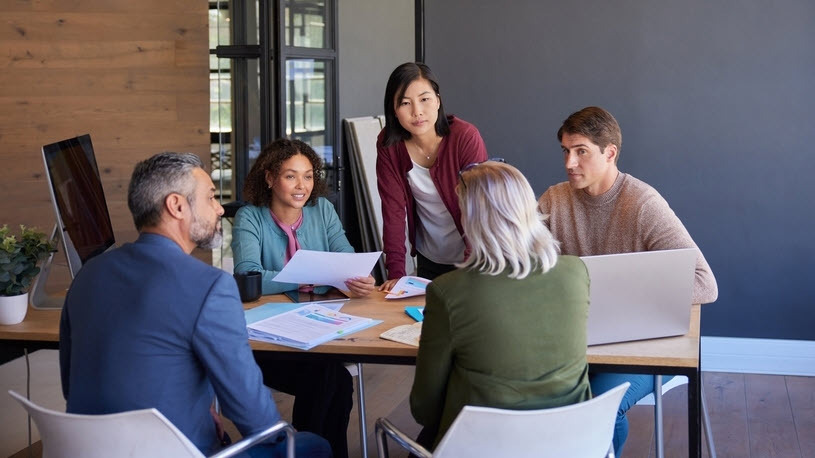Crisis-Proofing Your Business: Lessons from Global Challenges
If the past few years have taught us anything, it’s that uncertainty is part of the business world. From global pandemics to economic downturns and supply chain disruptions, businesses everywhere have faced challenges that tested their resilience. The companies that survived—and even thrived—were those that learned how to crisis-proof their operations.
Crisis-proofing doesn’t mean avoiding risks altogether; it means preparing your business to adapt, respond, and recover effectively when challenges arise.
Why Crisis-Proofing Matters
- Uncertainty is Constant – Markets, politics, and technology are always shifting. Businesses that prepare can adapt faster.
- Customer Trust – During crises, customers turn to brands they can rely on.
- Survival and Growth – Businesses with strong resilience strategies don’t just survive crises—they often find growth opportunities in them.
Key Lessons from Global Challenges
1. Diversify Revenue Streams
Companies that rely on a single income source are more vulnerable. During the pandemic, businesses with multiple revenue channels—such as e-commerce, digital products, or global markets—adapted better.
2. Build Strong Cash Reserves
Financial stability is crucial. Maintaining emergency funds ensures that businesses can continue operations when revenue drops suddenly. Many resilient businesses started by structuring finances through essential steps like Bank Account Opening, which provided credibility and easy access to funding.
3. Strengthen Supply Chains
Over-reliance on one supplier or one region creates risk. Building flexible, multi-supplier networks reduces disruptions.
4. Embrace Digital Transformation
Companies that already invested in remote tools, digital sales channels, and automation were better equipped to handle disruptions.
5. Invest in People
Employees are the backbone of any company. Supporting them with flexible policies, training, and well-being programs helps maintain productivity during uncertain times.
Examples of Businesses That Thrived in Crisis
- Zoom – A relatively small video conferencing tool before 2020, it became an essential service during the pandemic.
- Amazon – Leveraged its massive supply chain and delivery system to meet growing online shopping demands.
- Local Restaurants – Many adapted quickly with delivery apps, meal kits, and outdoor dining solutions.
Building a Crisis-Proof Business
- Scenario Planning – Anticipate possible disruptions and create action plans.
- Digital Agility – Invest in tools that enable remote work and online sales.
- Customer-Centric Approach – Stay connected with customer needs even during uncertainty.
- Collaboration and Partnerships – Partnering with other businesses can create shared resilience.
The Future of Business Resilience
Global challenges will keep evolving—climate change, technological shifts, and geopolitical tensions are just some of the next tests businesses will face. Companies that embed resilience into their strategies today will have a significant advantage tomorrow.
The businesses that succeed won’t just prepare for survival; they’ll see crises as opportunities to innovate, expand, and strengthen customer loyalty.
ALSO READ: small business the best
Keep an eye for more latest news & updates on Slights Lope!






